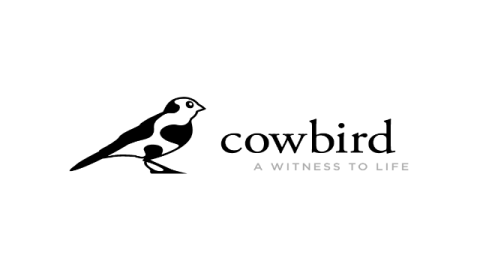Rethinking Social Networking

Four years ago, Facebook had 100 million users. Today, it has close to a billion. It’s tough to remember a time when every article on the internet wasn’t covered with share buttons, or when you couldn’t “like” something by clicking a little thumbs-up icon.
Social networking continues to evolve rapidly, especially with the widespread adoption of smartphones and apps, but the digital dust has had a couple of years to settle on Facebook and Twitter, and people are starting to look around and reflect. What they’re noticing is that these new tools – while incredibly useful for rapid-fire sharing – are constraining our identities and communication in ways we’re only beginning to understand.
Artist Jonathan Harris on four cultural phenomena – compression, disposability, curation, and self-promotion – that social media have amplified and accelerated.
|
|
Compression: From letter writing to phone calls to faxes to email to tweets – the speeding up and compressing of communication.
Disposability: Information abundance leads to a sense that ideas and messages needn’t be built to last.
Curation: The social web encourages curation of interesting online artifacts more than it does their creation.
Self-promotion: Current social networks seem to encourage social competition and self-advertising more than they do collaboration and interconnection.
Recent cultural commentary and a new generation of social sites and apps suggests that we’re starting to feel a little claustrophobic inside Twitter, Facebook, and LinkedIn – that we’re realizing they are very, very good for certain things, and not so hot for others. Want to rapidly share a cool article, photo, or event announcement with a specific group of people? Facebook’s got you covered. Want to build consensus around an issue that’s unfolding right now, this instant? Twitter’s your tool. And nobody (yet) beats LinkedIn for online professional networking.
So what’s missing? Somewhere along the way, the discourse around social networking outpaced the technology. People began gushing about collective consciousness and a new way of living out the human experience online. Yet as extensions of our selves, Twitter and Facebook are about as revealing as dorm room walls – a scrapbook of interests, snapshots, and one-liners, and bits of dialogue in response to same. Personal blogs and websites offer a deeper dive, but without the fluidity, immediacy, and playfulness of interacting on social networks.
Cowbird – A Different Kind of Social Network
It’s the role of the artist to remind us of those parts of ourselves we’ve forgotten, and in the digital space, there’s no one better qualified than Jonathan Harris. He “creates projects that reimagine how humans relate to technology and to each other.” With Cowbird, he offers us a new kind of social network – one that’s better than most others at connecting people in a meaningful way, around personal stories and poems (fictional and non), each accompanied by a stunning, supersized image that float-scrolls as you move the cursor across it. Cowbird also allows people build collections of their own and other people’s stories by theme.
The effect is powerfully intimate, like reading someone else’s diary without the sense of ickiness that would entail. Spending 10 minutes on the site in the middle of a busy work day has an effect similar to that of taking a walk in the park; it allows the mind to unravel a bit, to transcend obsessive patterns of thought.
This is not just artsy metaphysics. Our best neuroscience suggests that we need this kind of cognitive relief from the relentless pace of the modern world. That without it, we’re unable to do the kind of fluid, creative thinking our lives and professions demand.
Cowbird isn’t likely – or designed – to replace the dominant social networks, but at a time when Facebook’s dominance of social networking seems almost unchallenged, when it’s easy to think that this is the only possible way to live online, Cowbird is a keen reminder of the limitations of these tools, and of our own complexity.
From life-saving apps to cutting-edge military defense, Big Think and Bing’s Humanizing Technology Expo explores and expands the boundaries of what it means to be human, today and far into the future.
Follow Jason Gots (@jgots) on Twitter





